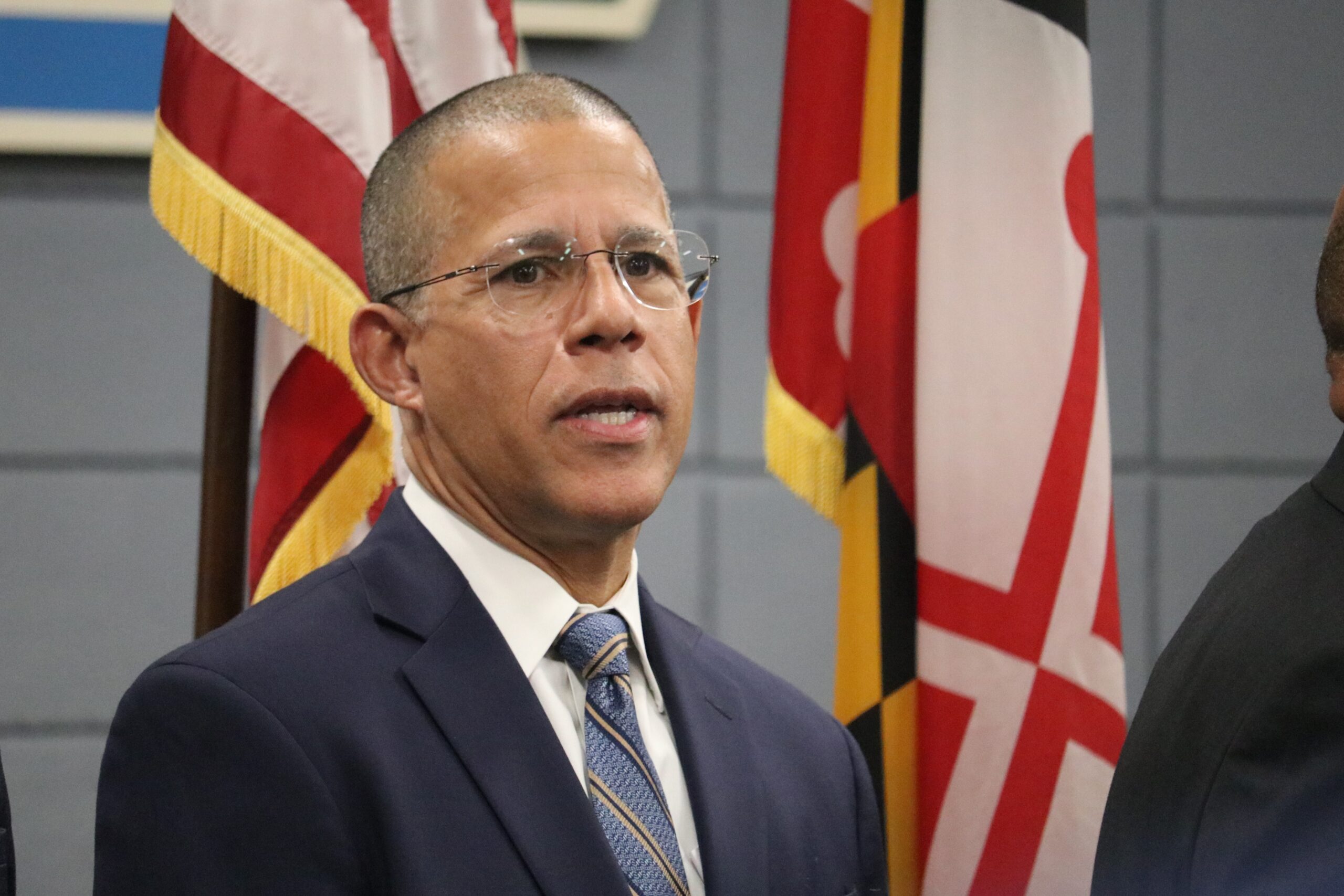
By Karl Bickel
The writer is a retired U.S. Department of Justice Senior Policy Analyst was previously second in command of the Frederick County Sheriff’s Office, formerly with a major city police department and former assistant professor of criminal justice. He can be reached at [email protected].
As Maryland’s state legislature begins its 2023 session, police accountability remains a priority among state residents and lawmakers.
Anthony Brown, our new attorney general, used his inaugural address to call on state lawmakers for the authority to conduct pattern-or-practice investigations as part of his police reform strategy. What is a pattern-or-practice investigation and how will it benefit Marylanders?
In the wake of the Rodney King beating by Los Angeles police officers in 1991, and the resulting Christopher Commission Report, the 1994 crime bill passed by Congress authorized the U.S. attorney general to investigate police agencies for “a pattern or practice of conduct…that deprives persons of rights, privileges, or immunities secured or protected by the Constitution or laws of the United States.”
These investigations do not focus on specific incidents of misconduct but patterns or practices that suggest routine uses of excessive force, bias-based policing, or arrests that are unreasonable, and any discrimination based on race, ethnicity, national origin, religion, disability, or sex. In his speech, Attorney General Brown made clear that the “…goal of these investigations is to support law enforcement agencies, and, to foster community confidence by promoting best policing practices.”
Since 1994, the U.S. Justice Department has conducted pattern-or-practice investigations in communities across the nation. They have been used to address problems in departments ranging in size from six officers to 17,000.
Shining a light on a persistent problem is the first step in a pattern-or-practice investigation. The investigation may focus on traffic or investigative stops, searches, or arrest practices and procedures, use of excessive force, bias-based policing, or violations of rights.
Investigations may be prompted by a persistent series of complaints regarding police practices or a single incident, like the 2014 shooting death of Michael Brown by police in Ferguson, Missouri.
While each investigation is different, most involve reviewing written policies and systems for accountability, reviewing training, observing officer activities, and analyzing data surrounding incidents that show an unacceptable pattern or practice.
A pattern-or-practice investigation assesses whether any systemic deficiencies contribute to officer misconduct or enable it to persist. Hearing directly from community members and officers through forums and interviews is a central part of the investigation and is critical to understanding the issues particular to the community under examination. The community as well as rank-and-file officers must be heard to instill confidence in the thoroughness and integrity of the investigation.
Once an investigation is complete, a public report detailing the findings is issued. When there are findings of patterns or practices that conflict with law or the Constitution, the report will clearly delineate those patterns or practices and will identify systemic deficiencies and possible remedies.
When patterns or practices of unlawful policing are found, the investigating authority will work with the department and community to remedy unlawful practices.
This can take the form of a negotiated agreement that incorporates specific remedies and can become a court order overseen by an independent monitor. When unable to reach a negotiated agreement, the attorney general would have the authority to initiate a lawsuit to secure reforms.
A broad range of measures that are often a product of these investigations and agreements include policies to prevent bias-based policing, stricter use-of-force guidelines, improvements in training and data collection, fairer hiring and promotion processes, greater accountability, and increased community input regarding police department policy.
A pattern-or-practice investigation can help a department fix persistent problems, increase trust between the community and police, and bring about improved policing practices that are lawful, effective and better meet a community’s needs. It can also ensure police officers have the policies, supervision and training needed to police in a manner that provides a greater measure of safety for the community as well as those who protect and serve.
There is evidence that indicates pattern-or-practice investigations leading to court-monitored consent decrees contribute to fewer uses of deadly force. Police departments that went through consent decrees have seen an average of 25% fewer police shootings during the first year of implementation.
With more than 18,000 state and local law enforcement agencies nationwide, Attorney General Brown has recognized that the Department of Justice cannot adequately address the needs of every community.
Following the federal model, several states have empowered their attorneys general to conduct pattern-or-practice investigations, including California, Colorado, Virginia, and Nevada.
Providing Attorney General Brown the authority to conduct such investigations will permit Maryland to join the Justice Department and other states in pursuit of improved police services through greater accountability. Our legislators should provide the attorney general with the tools to do the job if they are serious about police reforms.




 Creative Commons Attribution
Creative Commons Attribution